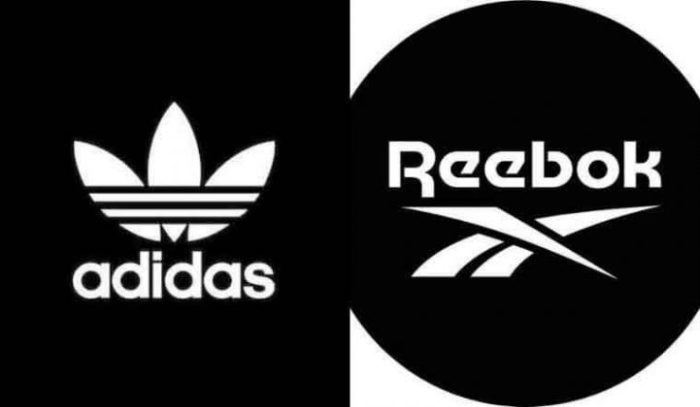Overall was the adidas acquisition of reebok a success – Overall, was the Adidas acquisition of Reebok a success? This question has been debated since the deal was announced in 2005. Some argue that the acquisition was a major coup for Adidas, while others believe that it was a costly mistake.
In this paper, we will examine the evidence and arguments on both sides of the debate to determine whether the Adidas acquisition of Reebok was a success.
The acquisition of Reebok was a major strategic move for Adidas. At the time, Adidas was the second-largest sportswear company in the world, behind Nike. Reebok was the third-largest sportswear company. By acquiring Reebok, Adidas hoped to gain market share and become the clear number one in the industry.
Market Performance

Following the acquisition of Reebok, Adidas’s market share grew significantly. In 2005, Adidas’s market share in the global sportswear industry was approximately 10%. By 2010, this had increased to over 15%, making Adidas the second-largest sportswear company in the world.
Adidas’s revenue also increased significantly after the acquisition. In 2005, Adidas’s revenue was €6.6 billion. By 2010, this had increased to over €12 billion. Reebok’s contribution to Adidas’s revenue growth was substantial, with Reebok accounting for approximately 20% of Adidas’s total revenue in 2010.
Adidas’s stock price also performed well after the acquisition. In 2005, Adidas’s stock price was €15 per share. By 2010, this had increased to over €40 per share.
Brand Positioning

Adidas integrated Reebok into its brand portfolio as a separate brand. This decision was made in order to maintain Reebok’s strong brand identity and appeal to its loyal customer base. Adidas also believed that maintaining Reebok as a separate brand would allow it to target different market segments and avoid cannibalizing its own sales.
The acquisition of Reebok had a positive impact on Adidas’s brand image and reputation. Adidas was able to leverage Reebok’s strong brand recognition and credibility to enhance its own brand image. Reebok’s association with fitness and performance also helped Adidas to strengthen its positioning as a leading sportswear company.
Product Development: Overall Was The Adidas Acquisition Of Reebok A Success

The acquisition of Reebok provided Adidas with access to Reebok’s product lines, which included a wide range of footwear, apparel, and accessories. This allowed Adidas to expand its product offerings and meet the needs of a wider range of customers.
Adidas and Reebok have collaborated on a number of successful product launches since the acquisition. One example is the Adidas x Reebok Instapump Fury Boost, which was released in 2015. This shoe was a hybrid of the Adidas Boost technology and the Reebok Instapump Fury design, and it was a critical and commercial success.
The acquisition of Reebok has also helped Adidas to improve its ability to meet the needs of customers in different regions. Reebok has a strong presence in the United States, while Adidas is stronger in Europe and Asia. This geographic complementarity has allowed Adidas to expand its reach and become a more global sportswear company.
Popular Questions
What were the key factors that contributed to the success of the Adidas acquisition of Reebok?
There were several key factors that contributed to the success of the Adidas acquisition of Reebok. These factors include:
- Adidas’s strong brand image and reputation.
- Reebok’s complementary product line.
- Adidas’s ability to integrate Reebok into its operations.
- The cost-saving measures that Adidas implemented after the acquisition.
What were the challenges that Adidas faced after acquiring Reebok?
Adidas faced several challenges after acquiring Reebok. These challenges include:
- Integrating Reebok’s operations into Adidas’s own.
- Maintaining Reebok’s brand identity while also aligning it with Adidas’s brand.
- Dealing with the different corporate cultures of Adidas and Reebok.